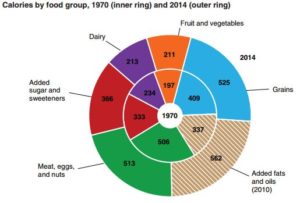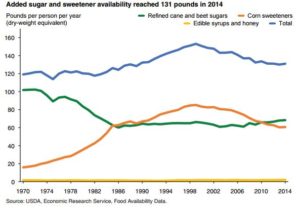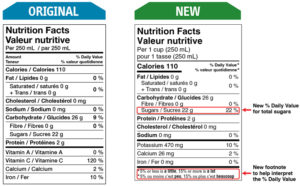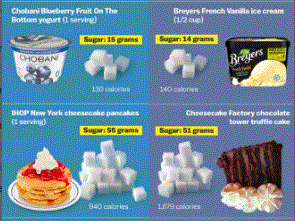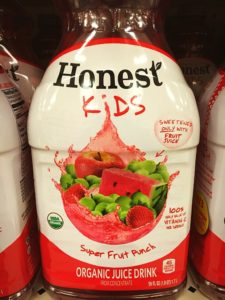Gary Taubes: The Case Against Sugar. Knopf, 2016.
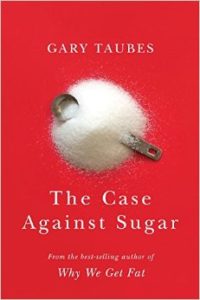
The title of this book says just what it is: a legal brief arguing that sugar is the cause of just about everything that ails us: obesity, type 2 diabetes, and heart disease, of course, but also cancer, high blood pressure and, therefore, stroke, as well as gout and Alzheimer’s disease.
This book makes a different argument: that sugars like sucrose and high-fructose corn syrup are fundamental causes of diabetes and obesity, using the same simple concept of causality that we employ when we say smoking cigarettes causes lung cancer. It’s not because we eat too much of these sugars…but because they have unique physiological, metabolic, and endocrinological (i.e. hormonal) effects in the human body that directly trigger these disorders.
Sugar, Taubes says, is the basis of a simple unifying hypothesis—insulin resistance—to explain all of these conditions. To make this case, he provides vast amounts of evidence: historical, observational, and interventional.
Is he right? Many of his hypotheses are testable and it is greatly to his credit that he has organized the Nutrition Science Initiative (NuSi) to do just that.
Taubes is an excellent writer, clear and compelling, and he covers an enormous territory here, from slavery to manipulation of research by the sugar industry.
I worry that focusing on one substance—sugar—smacks of “nutritionism,” reducing the complexities of dietary patterns and health risks to just sugar. I also think questions remain about the dietary context in which we consume sugar, particularly calories but also complex carbohydrates (starch), which gets digested to sugar—glucose. Should we not be worried about excess glucose on its own?
If I understand the last chapter correctly, Taubes ducks the question of how much sugar is OK to eat. Or maybe it’s not ducking. Maybe what he is saying is that the only safe level of sugar is none.
If so, that is well below the 10% of calories recommended as an upper daily limit by the US Dietary Guidelines and the World Health Organization on the basis of those committees’ reviews of the science.
Let’s get those hypotheses tested.
In the meantime, I am all for eating less sugar.
If this book encourages people to cut down on sugar, it’s all to the good.
